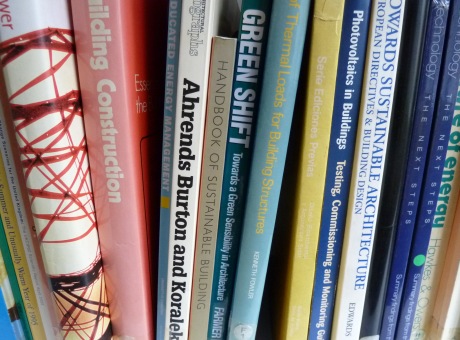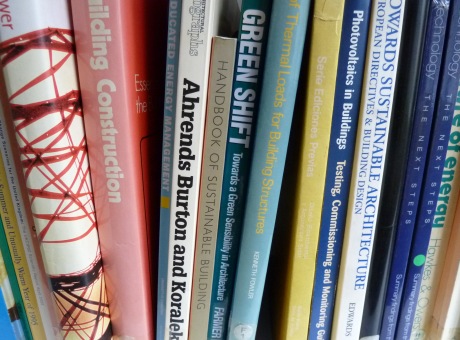Latest
1638 results

Policies for the transition towards a hydrogen economy: the EU case
Policies for the transition towards a hydrogen economy: the EU case. 1 January 2010. Policies for the transition towards a hydrogen economy: the EU case. Energy Policy, 38 (10) 5388 - 5398. 10.1016/j.enpol.2009.03.041. Bleischwitz, R; Bader, N; (2010…
UCL Energy Institute

Encyclopedia of Aerospace Engineering, 9 Volume Set
Encyclopedia of Aerospace Engineering, 9 Volume Set. 1 January 2010. Extensive and up-to-date cross-referencing enhance the value of this monumental work and will ensure its unique contribution to the engineering literature. The Encyclopedia will be…
UCL Energy Institute

Ökonomische Dimensionen einer Ressourcenpolitik : Rohstoffsicherheit, Umweltfolgen, Stoffstrominnovationen
Ökonomische Dimensionen einer Ressourcenpolitik : Rohstoffsicherheit, Umweltfolgen, Stoffstrominnovationen. 1 January 2010. Ökonomische Dimensionen einer Ressourcenpolitik : Rohstoffsicherheit, Umweltfolgen, Stoffstrominnovationen. Die…
UCL Energy Institute

A blind detection of a large, complex, Sunyaev--Zel'dovich structure
A blind detection of a large, complex, Sunyaev--Zel'dovich structure. 1 January 2010. We present an interesting Sunyaev-Zel'dovich (SZ) detection in the first of the Arcminute Microkelvin Imager (AMI) 'blind', degree-square fields to have been…
UCL Energy Institute

The EU and the CDM: critical aspects and proposals for the way forward
The EU and the CDM: critical aspects and proposals for the way forward. 1 January 2010. The EU and the CDM: critical aspects and proposals for the way forward. In: Talus, K and Hunt, Mand Delvaux, B, (eds.) EU Energy Law and Policy Issues II.…
UCL Energy Institute

Special Issue: The Socio-economic Transition towards the Hydrogen Economy
Special Issue: The Socio-economic Transition towards the Hydrogen Economy. 1 January 2010. Special Issue: The Socio-economic Transition towards the Hydrogen Economy. Energy Policy, 38 (10). Bleischwitz, R; (2010). The full text of this article is…
UCL Energy Institute

International economics of resource productivity – Relevance, measurement, empirical trends, innovation, resource policies
International economics of resource productivity – Relevance, measurement, empirical trends, innovation, resource policies. 1 January 2010. International economics of resource productivity – Relevance, measurement, empirical trends, innovation,…
UCL Energy Institute

Towards the third stage of the lighting profession
Towards the third stage of the lighting profession. 1 January 2010. The notion of stages of the lighting profession is examined to identify the main themes that have directed the objectives of the lighting profession. It is proposed that the…
UCL Energy Institute

Energiestrategien kleiner Gemeinden und kleiner und mittlerer Unternehmen
Energiestrategien kleiner Gemeinden und kleiner und mittlerer Unternehmen. 1 January 2010. Energiestrategien kleiner Gemeinden und kleiner und mittlerer Unternehmen. Der Fall Urnäsch im Kanton Appenzell Ausserrhoden. TdLab, ETH Zurich: Zurich. Cloos…
UCL Energy Institute

Assessing energy and GHG impacts of the car scrappage scheme in Ireland.
Assessing energy and GHG impacts of the car scrappage scheme in Ireland. 1 January 2010. Assessing energy and GHG impacts of the car scrappage scheme in Ireland. In: (Proceedings) Environ 2010: 20th Irish Environmental Researchers' Colloquium. :…
UCL Energy Institute
 Close
Close

